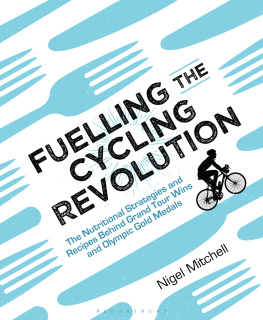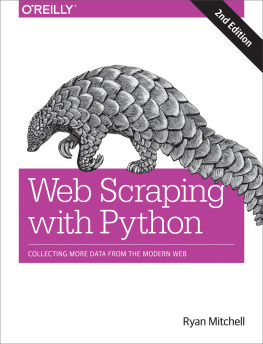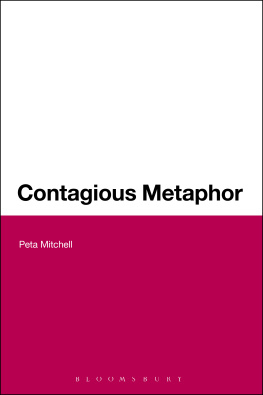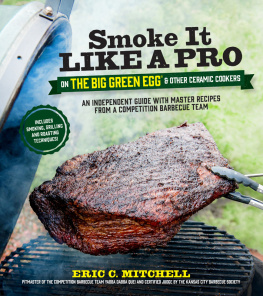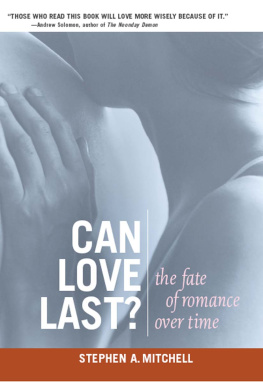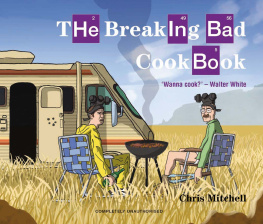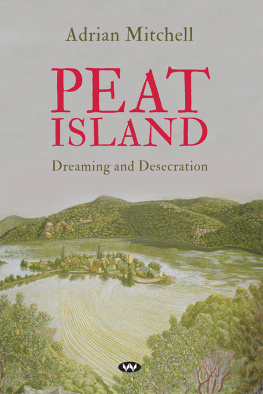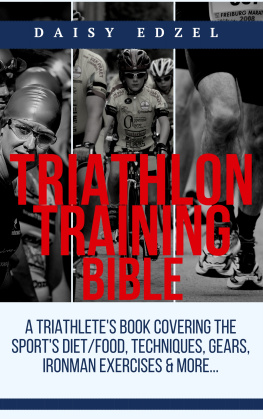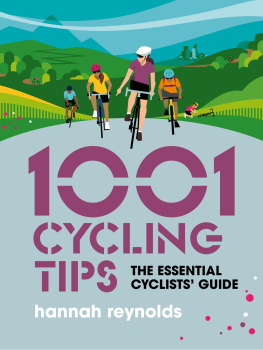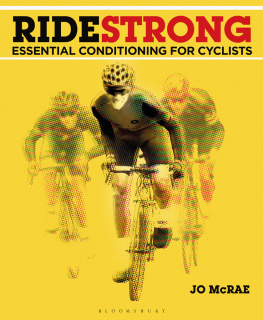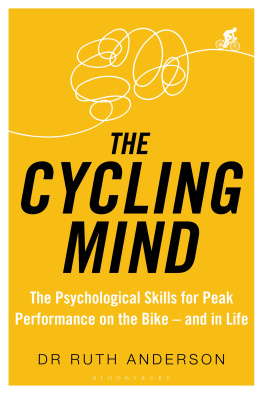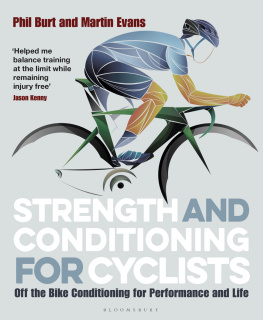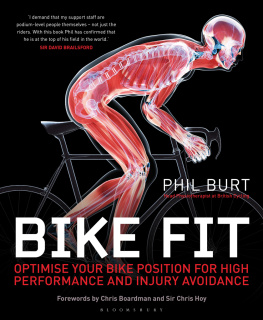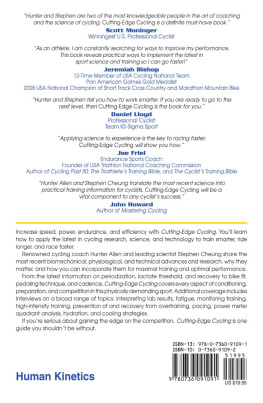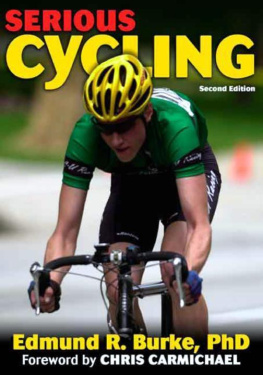
The information contained in this book is provided by way of general guidance in relation to the specific subject matters addressed herein, but it is not a substitute for specialist dietary advice. It should not be relied on for medical, healthcare, pharmaceutical or other professional advice on specific dietary or health needs. This book is sold with the understanding that the author and publisher are not engaged in rendering medical, health or any other kind of personal or professional services. The reader should consult a competent medical or health professional before adopting any of the suggestions in this book or drawing inferences from it.
The author and publisher specifically disclaim, as far as the law allows, any responsibility from any liability, loss or risk (personal or otherwise) which is incurred as a consequence, directly or indirectly, of the use and applications of any of the contents of this book.
If you are on medication of any description, please consult your doctor or health professional before embarking on any fast or diet.
Bloomsbury Sport
An imprint of Bloomsbury Publishing Plc
| 50 Bedford Square | 1385 Broadway |
| London | New York |
| WC1B 3DP | NY 10018 |
| UK | USA |
www.bloomsbury.com
This electronic edition published in 2017 by Bloomsbury Publishing Plc
BLOOMSBURY and the Diana logo are trademarks of Bloomsbury Publishing Plc
First published in 2017
Text Nigel Mitchell, 2017
Food photography by Adrian Lawrence
Bloomsbury Publishing, 2017
Food styling by Emily Kydd
Nigel Mitchell has asserted his right under the Copyright, Designs and Patents Act, 1988, to be identified as the Author of this work.
All rights reserved
You may not copy, distribute, transmit, reproduce or otherwise make available this publication (or any part of it) in any form, or by any means (including without limitation electronic, digital, optical, mechanical, photocopying, printing, recording or otherwise), without the prior written permission of the publisher. Any person who does any unauthorised act in relation to this publication may be liable to criminal prosecution and civil claims for damages.
ISBN: 978-1-4729-3693-6 (PB)
ISBN: 978-1-4729-3694-3 (eBook)
ISBN: 978-1-4729-3691-2 (ePDF)
Designed by Saffron Stocker
To find out more about our authors and their books please visit www.bloomsbury.com where you will find extracts, author interviews and details of forthcoming events, and to be the first to hear about latest releases and special offers, sign up for our newsletters.
CONTENTS

INTRODUCTION
In the UK, with the Great Britain Cycling Team dominating at the Olympics and major championships and Team Sky winning the Tour de France with both Sir Bradley Wiggins and Chris Froome, cycling has undergone a revolution. With membership of British Cycling swelling, numerous sportives selling out within minutes of going live and more riders joining their local Sunday club run, cycling is no longer a minority sport.
Whether youre an aspiring racer looking to move up through the categories, training for a sportive or charity ride, or just wanting to be able to ride that bit faster, nutrition is key. Too many riders focus solely on tangible and visible external factors, such as the latest must-do training sessions or second-shaving aerodynamic or lightweight kit. They miss out the fundamental of the fuel they provide for their engine. You wouldnt expect a car to run on the wrong type of fuel, so why would you expect your body to perform on the wrong type of fuel either?
On or off the bike, the food you eat, when you eat it and in what quantities will have a profound effect on both your health and cycling performance. Its not just about preventing the bonk on a long ride, but using diet and nutrition to enhance your recovery, adaptation to training and make you a better cyclist.
No sport from a nutritional perspective is totally unique. Cycling has some unique demands and qualities. The first is the sheer amount of work done in both racing and training. No other sport has races that are three weeks long, and even amateur riders think nothing of a four- to six-hour weekend ride backed up with three or four other sessions during the week. This puts massive physiological demands on the body. These demands cause the body to adapt and become fitter and stronger, but they can also cause it to start breaking down. Optimal nutrition supports the positive effects of training and helps to counter the negative. The second unique aspect is that you can eat and drink while riding. You certainly cant do this playing football and even distance runners dont have the same nutritional freedom and choices as cyclists. Knowing how to take advantage of this is essential for cycling performance and, if you fail to master this aspect of the sport, youll never reach your potential.
My life in nutrition
My earliest sports nutrition memory is standing by the side of the road and handing my mother rice pudding to eat as she took part in a 12-hour time trial. This was her fuel of choice en route to logging an impressive 218 miles and it always makes me chuckle that both Sir Bradley Wiggins and Chris Froomes Tour de France wins were also rice-fuelled, in the form of my rice cakes, proving that not all nutrition is cutting-edge science. I loved supporting my mother in her races, but my mothers prowess in the kitchen wasnt nearly so impressive as her riding (spam fritters being her speciality), so this also fired up my interest in food and nutrition. I began talking to other local riders and making suggestions as to what they could try to improve their riding, whether it was a bigger breakfast or eating scones with jam on the bike simple stuff, but all about getting some fuel into them.
When I left school, there was no real pathway into sports nutrition, so I decided to train as a clinical dietician. Its important to make a distinction between a dietician and a nutritionist. To be a dietician, you have to attain a recognised clinical qualification. This qualifies you to use nutrition in a clinical setting as a therapeutic tool and its a protected title. Anyone can call themselves a nutritionist, regardless of qualifications, so you should always be wary who you take advice from. All the time while studying for my dietetics degree, I was thinking how I could apply what I was learning to sport. On graduating, I went to work in the NHS which was where I gleaned some of the most valuable knowledge that Im now able to utilise with top athletes. It led me into situations where I was challenging the accepted dogma and looking for new solutions to problems. An example was weight management, working with patients suffering with cancer, diabetes and HIV/AIDS. The emphasis had always been on simple calories and energy balance, but I saw that, for preserving lean tissue mass, the key was protein. I also looked at the therapeutic benefit of essential fats, such as fish oils.
After the woeful performance of the Great Britain team at the 1996 Atlanta Olympics, there was a massive injection of public money into sports. More universities were offering sports science degrees and I became a lecturer in sports nutrition at Sheffield Hallam University in the UK. This allowed me to teach, conduct research and develop a consultancy. I was able to explore how what Id learned in the clinical world could be applied to elite-level competition, and I began working across a whole range of sports including boxing, swimming and of course cycling.

